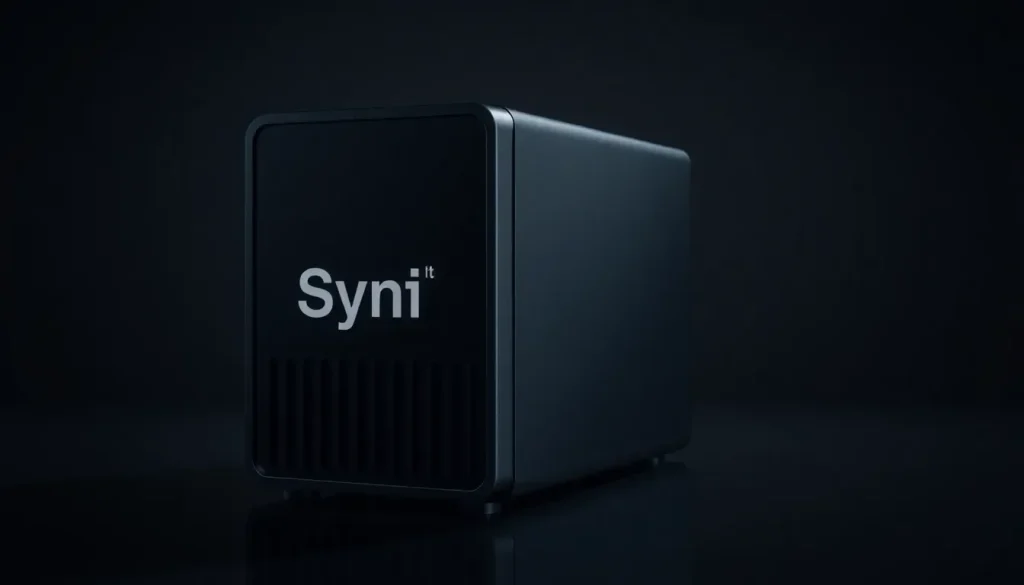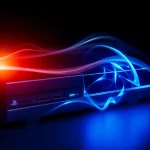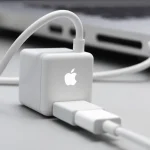Synology reverses decision on blocking third-party drives

In the realm of data storage, NAS (Network Attached Storage) devices have become essential for both personal and professional users alike. From content creators archiving video footage to businesses managing extensive datasets, these devices offer a flexible and efficient solution. However, recent developments from Synology, a leading NAS vendor, have sparked significant discussion and concern. This article delves into the implications of these changes and what they mean for users moving forward.
Understanding NAS and Its Importance
NAS devices serve as centralized storage solutions, allowing users to access and share files across multiple devices on a network. This is particularly beneficial for:
- Content Creators: YouTubers and musicians can store large files without taxing their local storage.
- Small Businesses: They provide a cost-effective means to back up critical business data.
- Home Users: Families can share photos, videos, and documents seamlessly.
Given their versatility, many users have opted to repurpose old hard drives for use in NAS devices, extending the lifespan of hardware that might otherwise be discarded.
The Controversial Decision by Synology
Synology's recent launch of the DiskStation DS925+ marked a technological advancement in terms of performance, offering 2.5 Gigabit Ethernet ports and enhanced internal components. However, it also introduced a controversial limitation: the device could only function with Synology-branded hard drives.
This restriction raised eyebrows among users who preferred the flexibility of using existing drives or had loyalty to other brands like WD or Seagate, known for their superior HDD technology. Consequently, several competing brands, such as QNAP and UGREEN, began to capture market share by promoting their devices as more user-friendly alternatives.
Consumer Backlash and Synology's Response
The pushback from consumers was palpable. Many felt that a premium price for Synology products should entail the freedom to choose compatible hardware. This dissatisfaction led to Synology reconsidering its stance, ultimately resulting in the removal of the hard drive restriction.
With the latest update to DiskStation Manager 7.3, users can now utilize a variety of compatible HDDs, significantly enhancing the utility of their NAS devices. This update only applies to models introduced in 2025, which include:
- 2-bay DiskStation DS225+
- 2-bay DiskStation DS725+
- 4-bay DiskStation DS425+
- 4-bay DiskStation DS925+
- DiskStation DS1525+
- DiskStation DS1825+
What Changes with DiskStation Manager 7.3?
Beyond simply lifting the restrictions on hard drives, DiskStation Manager 7.3 introduces a host of new features and improvements, including:
- Enhanced Security: New updates bolster the security framework, protecting user data more effectively.
- Email Moderation Tools: Improved functionalities for MailPlus, streamlining user interactions.
- Bug Fixes: A series of fixes aimed at optimizing overall performance.
However, while users can now utilize third-party HDDs, it's important to note that M.2 SSDs still require Synology-specific models for creating storage pools, maintaining some restrictions within the system.
Market Dynamics and Future Implications
Synology's decision to reverse its policy reflects broader market dynamics and consumer expectations. As technology evolves, users increasingly demand flexibility, especially in high-investment products like NAS devices. This shift highlights several important factors:
- Consumer Power: Users have a significant influence over product policies, prompting companies to adapt quickly.
- Innovation vs. Restriction: The tech industry is moving towards more open systems that prioritize user experience without compromising performance.
- Increased Competition: As companies like QNAP and UGREEN capitalize on Synology's misstep, they may drive further innovation within the sector.
Conclusion and Resources
For those interested in exploring the changes in detail, more information on Synology's new drive compatibility policies can be found on the Synology website. Additionally, a range of videos discussing these developments can provide further insights into user experiences and expert opinions.
For a deeper understanding of the community's reaction and insights, you can check out this video:
As the landscape of NAS technology continues to evolve, consumers will undoubtedly keep a close watch on how vendors like Synology navigate these changes.




Leave a Reply